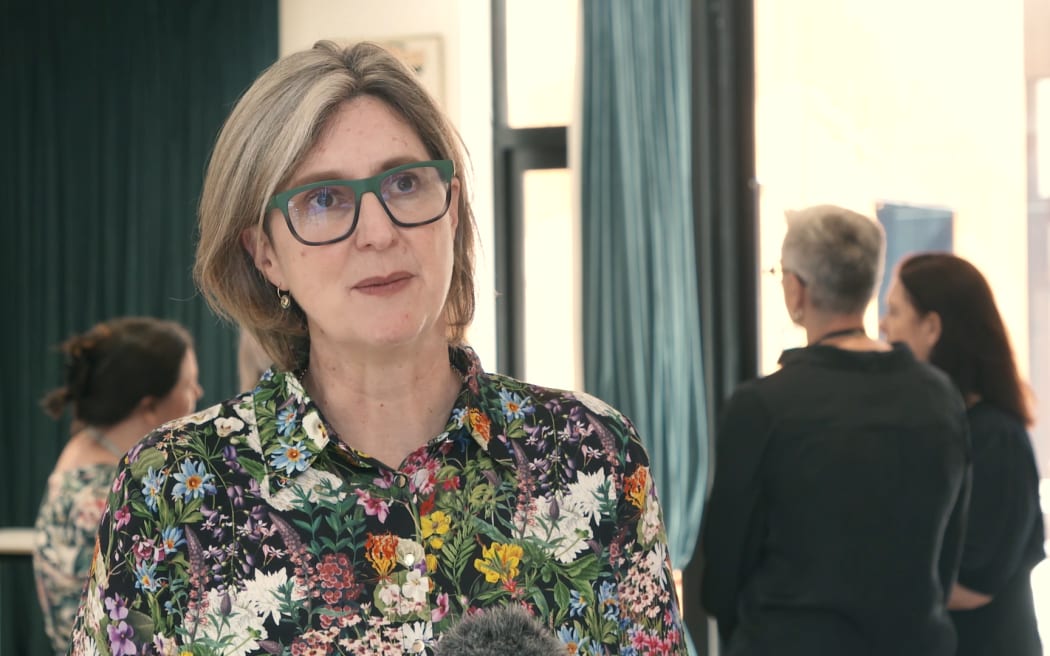
Asking for a vote on private health insurance was a way of expressing frustration with Te Whatu Ora as an employer, according to a union leader. File photo. Photo: 123RF
Senior doctors at public hospitals have narrowly voted against asking Te Whatu Ora to pay for their private health insurance.
The vote to include it in a union claim got more than 40 percent backing from doctors - but not the majority it needed to pass.
Demand for private health cover has been growing across New Zealand as public hospitals struggle more and more. A Bay of Plenty iwi service recently bought private health insurance for its workers, saying it was "ridiculous" to feel that it had no choice.
Frustration also featured in the recent close vote at the Association of Salaried Medical Specialists.
"There are a number of our members who are worried about access to healthcare through the public system, and that was a slightly unusual expression or indirect expression of that frustration," the association's executive director Sarah Dalton said.
The vote failed in part because "it doesn't sit comfortably" with the union's mandate to fight for good public healthcare for everyone, she said.
"A number of members pointed out that senior doctors and dentists are probably better equipped given their salaries to provide for themselves in terms of private health insurance, and that is something that a number... do."
Dalton told Morning Report there were two reasons for the union members' motion.
One was "a frustration that a number of our members don't think Te Whatu Ora is a good employer of its staff".
Between them, Te Whatu Ora employees had 1000 years of untaken leave, and their working conditions promoted burnout and fatigue, Dalton said.
The other was "a deeply felt question about whether our public health system is able to cope with current and building patient demand and whether all the people who need care will be able to get it".
In May, the union would release a report showing that the number of acute admissions to hospital was growing at a much faster rate than the population was increasing.
Health funding that was tied to population growth was "simply not going to keep up with demand", Dalton said.

Association of Salaried Medical Specialists' executive director Sarah Dalton. Photo: RNZ / Nick Monro
The motion to ask for private health insurance ultimately did not pass. However, it raised moral and philosophical implications about the health system and how it was funded, Dalton told Morning Report.
Governments "of every stripe" had failed to properly fund public healthcare and important conversations needed to be had about seeing health spend as an investment in each other and in society, she said.
The New Zealand Nurses Organisation said there had been talk among its members about private health insurance.
However, "this has never been put forward as a claim", it said.
The Private Surgical Hospitals Association said it was aware that insurance policy growth over the past few years had been driven by employer schemes.
"Some private health employer entities would offer schemes, but certainly not universally," it said.
"In the private surgical hospital sector, hospitals don't employ doctors, so the model is different than in public."
It had no collective view on whether private health insurance was offered and did not collect data on it.





